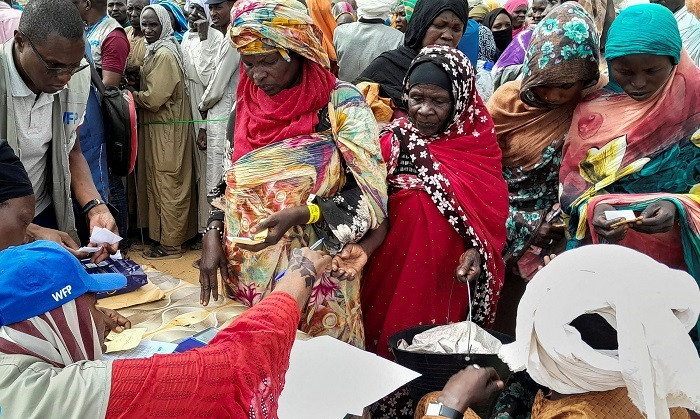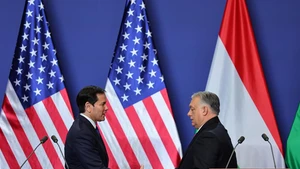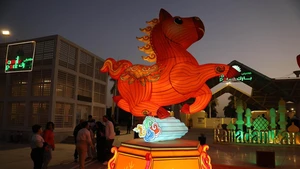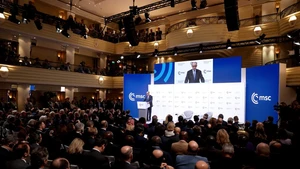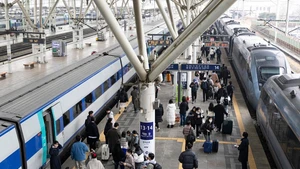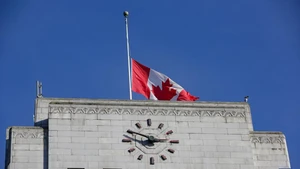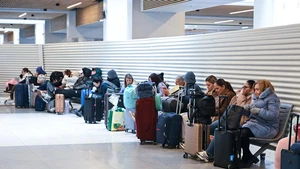Clashes rocked Halfaya, an entry point to the capital, early on Thursday as residents heard warplanes circling over Khartoum and its adjoining sister cities of Bahri and Omdurman, but the fighting appeared calmer than on Wednesday.
In public neither side has shown it is ready to offer concessions to end the conflict that erupted suddenly last month, threatening to pitch Sudan into a civil war, killing hundreds of people and triggering a humanitarian crisis.
U.N. Sudan envoy Volker Turk said in Geneva that both sides had trampled international humanitarian law and he urged "all states with influence in the region to encourage, by all possible means, the resolution of this crisis".
Army general Yassir al-Atta was quoted on Thursday saying the talks should aim at removing the Rapid Support Forces (RSF) from Khartoum, merging its fighters into the regular military and putting its leaders on trial.
"Any dialogue outside those points is simply delaying the war to another time," he told Asharq al-Awsat newspaper, adding the army had beaten back RSF forces at one key location in Khartoum.
The RSF on Wednesday said it held nearly all of Khartoum and accused the army of "unrelenting violations". Reuters could not independently verify their accounts.
Egyptian doctor Abdelaty Elmannaee, who stayed in central Khartoum despite the fighting to provide health services to residents, said patients are seeking help for everything from wounds and burns to diabetes care.
"I'm in a neighbourhood in the centre of the conflict so I know very well that there are people in need of medical consultations," said Elmanaee, who had been in the process of setting up a clinic when the fighting broke out.
The fighting has hit the banking system, slowing imports and exports and leading to shortages of fuel and key commodities in Khartoum, though Finance Minister Jibril Ibrahim said on Thursday he was trying to solve the issue.
JEDDAH TALKS
The talks in the Saudi port of Jeddah represent the most serious effort yet to stop the fighting and US mediators said on Wednesday they were "cautiously optimistic".
Previous ceasefire agreements have been repeatedly violated, leaving civilians to navigate a terrifying landscape of chaos and bombardment with failing power and water, little food and a collapsing health system.
The World Health Organization has said that more than 600 people have been killed and more than 5,000 injured in the fighting. The Health Ministry said at least 450 people were killed in the western Darfur region.
Many have fled Khartoum and Darfur, uprooting 700,000 people inside the country and sending 150,000 as refugees into neighbouring states according to U.N. figures.
The Jeddah talks are focused on securing a ceasefire and guarantees of safe access for humanitarian assistance.
Cameron Hudson of the Centre for Strategic and International Studies in Washington said there may be enough pressure on the warring sides for them to strike a deal, but that implementing it was another matter.
"They are locked in this fight to the finish and they will sign a piece of paper and Washington will celebrate a big victory but I don't think it will change the dynamics of the conflict," Hudson said.
Western countries condemned abuses by both sides at a human rights meeting in Geneva, but Sudan's envoy there said the conflict was "an internal affair".
